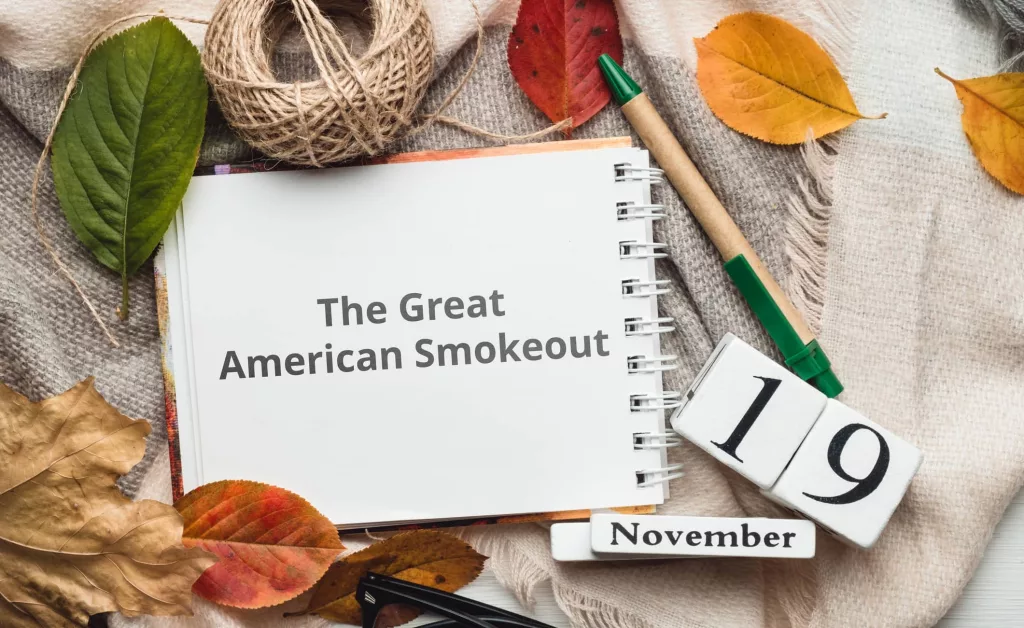A call is going out today to Michigan state lawmakers urging them to protect the health of young people, low-income residents, communities of color and the LGBTQ+ community through strong tobacco control legislation on this 45th Annual Great American Smokeout day.
The American Cancer Society Cancer Action Network is marking the American Cancer Society’s 45th annual Great American Smokeout today with that call for tobacco control legislation “that overcomes Big Tobacco’s manipulative tactics that target these community members.” Organizers say, “As our battle with COVID-19 continues, we must do everything in our power to keep all our communities healthy and safe—which means building strong public health infrastructure including comprehensive tobacco control measures.”
The American Cancer Society Cancer Action Network argues, “Big Tobacco has spent decades aggressively marketing flavored tobacco products in order to hook and addict youth, people with lower incomes, LGBTQ+ communities and communities of color. Their targeted marketing strategies have led to disparities in tobacco use, including higher use of tobacco products. The tobacco industry has used menthol for decades to intentionally and aggressively target certain communities for addiction to their deadly products. As a result, Blacks consistently report the highest prevalence of menthol cigarette use.”
Today’s efforts call for public policy changes that can serve as the main way to shield against, and reverse, longstanding inequalities – but organizers say, “It must be done comprehensively and with the well-being of those most affected in mind.”
Today’s campaign contends, “Long after this pandemic passes, people deserve to live full, healthy lives free from the problems of tobacco use. Michigan lawmakers should act to increase all of Michigan’s tobacco taxes including taxes on e-cigarettes, create a tobacco retail licensure program, and properly fund the licensure and enforcement program. Through these initiatives, we can truly start to reduce health disparities and reduce the toll of tobacco on our state for everyone.”






